February 22, 2019
When assessing workplace strategy: we should always test rather than guess
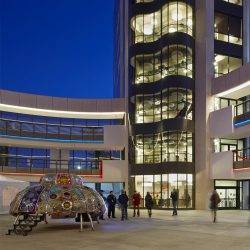 Would an investor plow millions of dollars into a stock and never bother to track how the investment does? Of course not. Nor would they confuse the expected return on investment (ROI) with the actual results. We don’t guess about financial investments. We don’t base investment decisions on what some stranger does or how they say they’ve done. So why then, do many of the largest companies in the world invest millions of dollars in buildings or renovating their workplaces and never even bother to measure results. Why are they so willing to copy the unproven workplace strategy of others? Why are they satisfied with projected results, rather than measuring how their investments actually perform? (more…)
Would an investor plow millions of dollars into a stock and never bother to track how the investment does? Of course not. Nor would they confuse the expected return on investment (ROI) with the actual results. We don’t guess about financial investments. We don’t base investment decisions on what some stranger does or how they say they’ve done. So why then, do many of the largest companies in the world invest millions of dollars in buildings or renovating their workplaces and never even bother to measure results. Why are they so willing to copy the unproven workplace strategy of others? Why are they satisfied with projected results, rather than measuring how their investments actually perform? (more…)







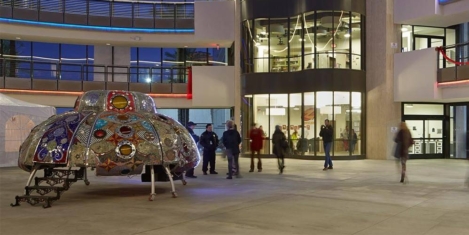






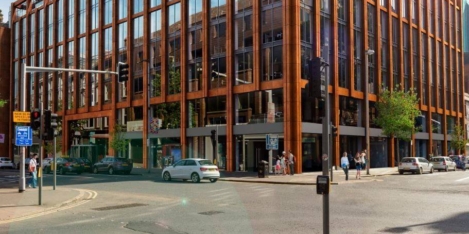
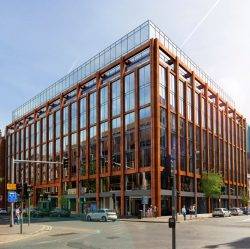 The office sector in Belfast has enjoyed its most successful year on record, with 885,023 sq ft of take-up reported across 84 transactions, more than double that was achieved last year, according to CBRE’s Offices Marketview research. Notable office deals completed in 2018 include PwC’s move to Merchant Square, Northern Ireland Civil Service to 9 Lanyon Place, Allstate to Mays Meadow, TLT to River House and Baker McKenzie to City Quays 2. According to CBRE Northern Ireland Office the local office market’s record breaking year is an indicator of the resilience of the commercial property market as well as the wider Northern Ireland economy.
The office sector in Belfast has enjoyed its most successful year on record, with 885,023 sq ft of take-up reported across 84 transactions, more than double that was achieved last year, according to CBRE’s Offices Marketview research. Notable office deals completed in 2018 include PwC’s move to Merchant Square, Northern Ireland Civil Service to 9 Lanyon Place, Allstate to Mays Meadow, TLT to River House and Baker McKenzie to City Quays 2. According to CBRE Northern Ireland Office the local office market’s record breaking year is an indicator of the resilience of the commercial property market as well as the wider Northern Ireland economy.




 Workers continued use of unapproved apps in the office, including Instagram, Facebook Messenger and Snapchat, to communicate with colleagues as well as friends and family is putting their organisations at risk of cyber-attack, new research suggests. Four in ten employees (41 percent) admit to using Instagram for more than two hours each day, despite the app being banned in almost half of UK organisations. The majority of employees are well aware that certain apps are not approved for workplace use, but this hasn’t stopped them breaking the rules.
Workers continued use of unapproved apps in the office, including Instagram, Facebook Messenger and Snapchat, to communicate with colleagues as well as friends and family is putting their organisations at risk of cyber-attack, new research suggests. Four in ten employees (41 percent) admit to using Instagram for more than two hours each day, despite the app being banned in almost half of UK organisations. The majority of employees are well aware that certain apps are not approved for workplace use, but this hasn’t stopped them breaking the rules.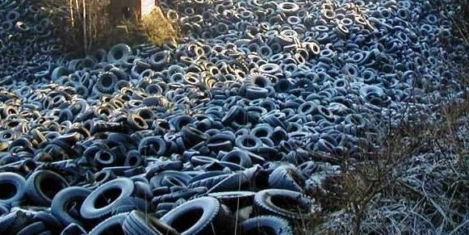
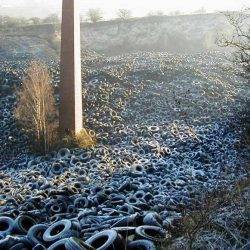













February 20, 2019
It is time for organisations to embrace the digital workplace
by Christian Brøndum • AI, Comment, Facilities management, Flexible working, Technology, Workplace
(more…)